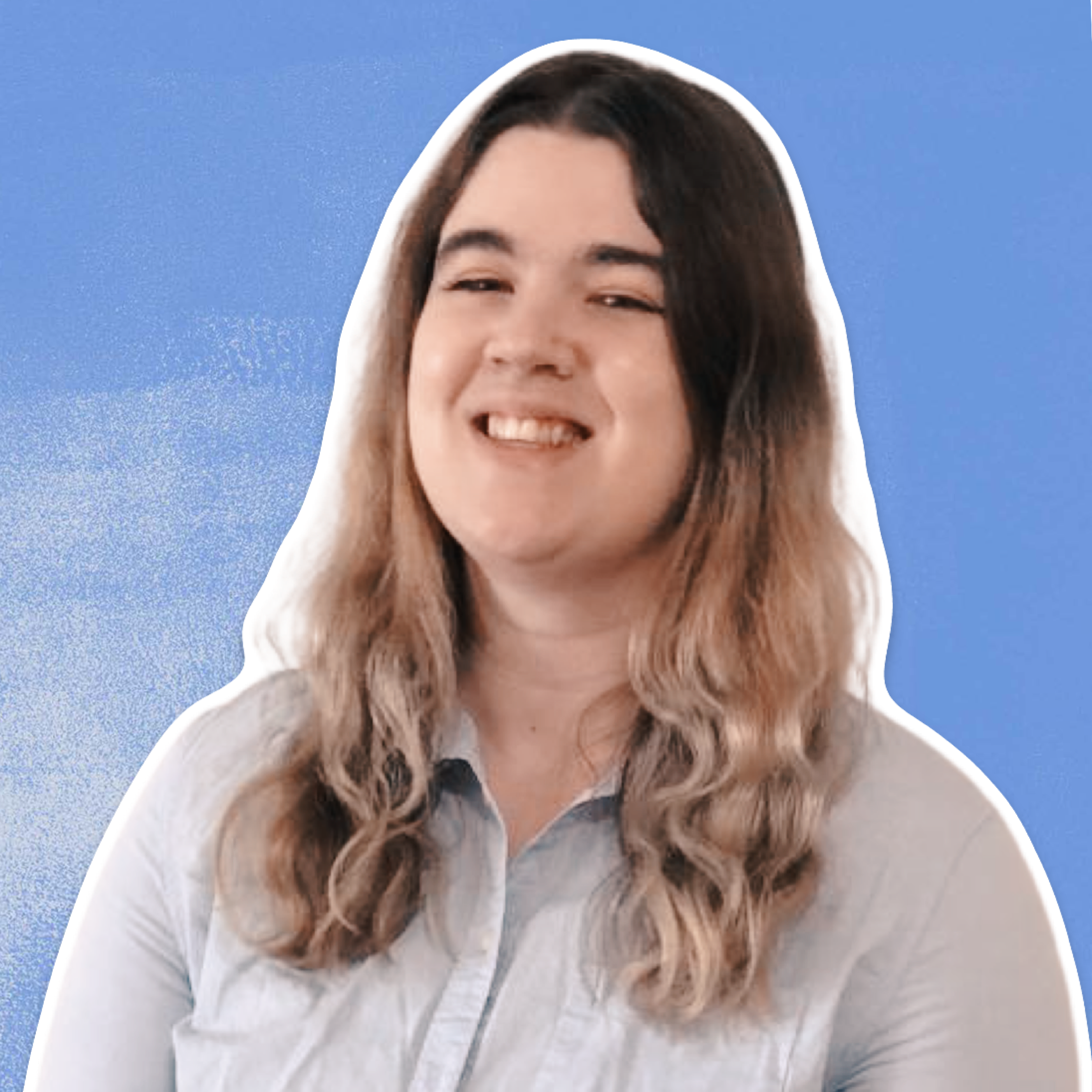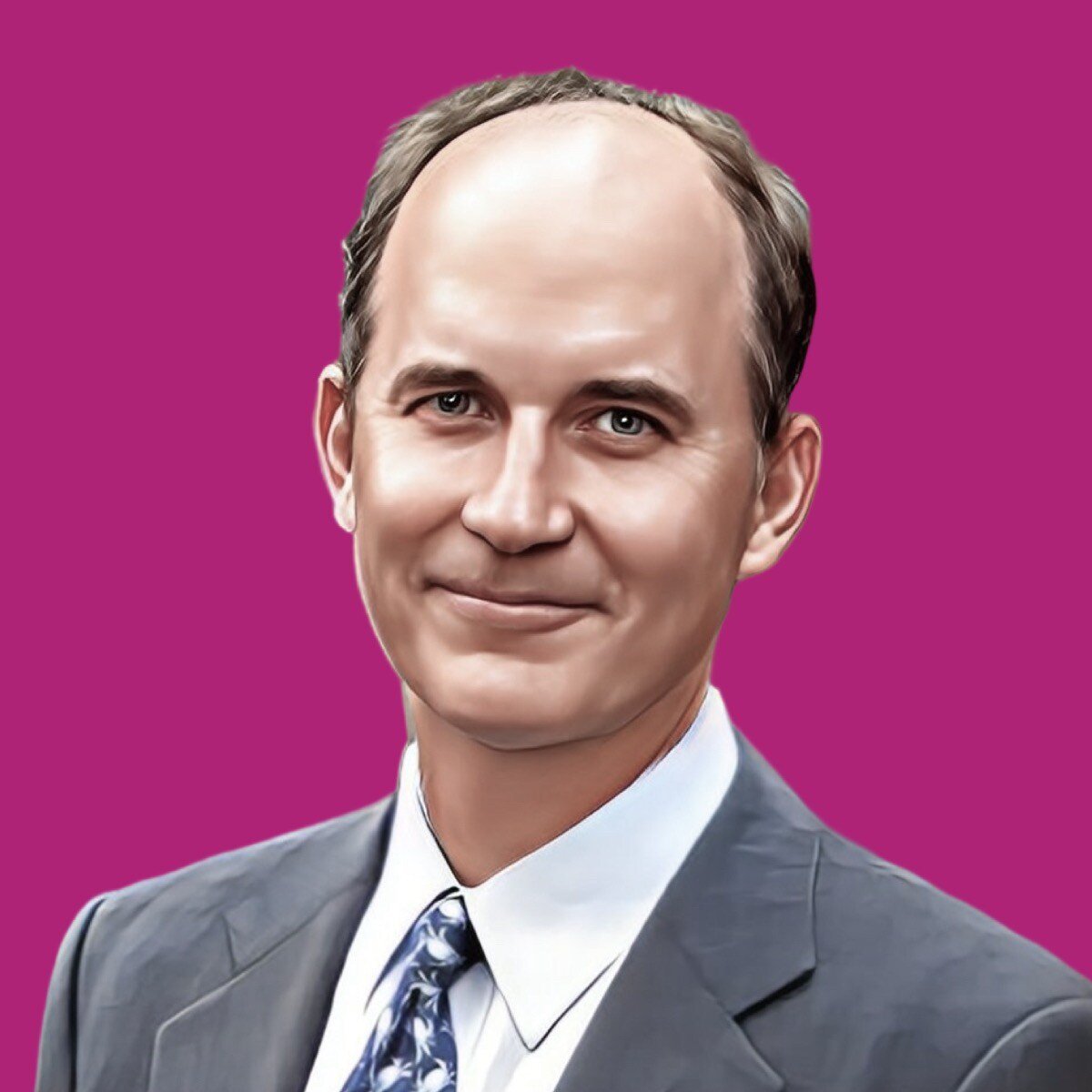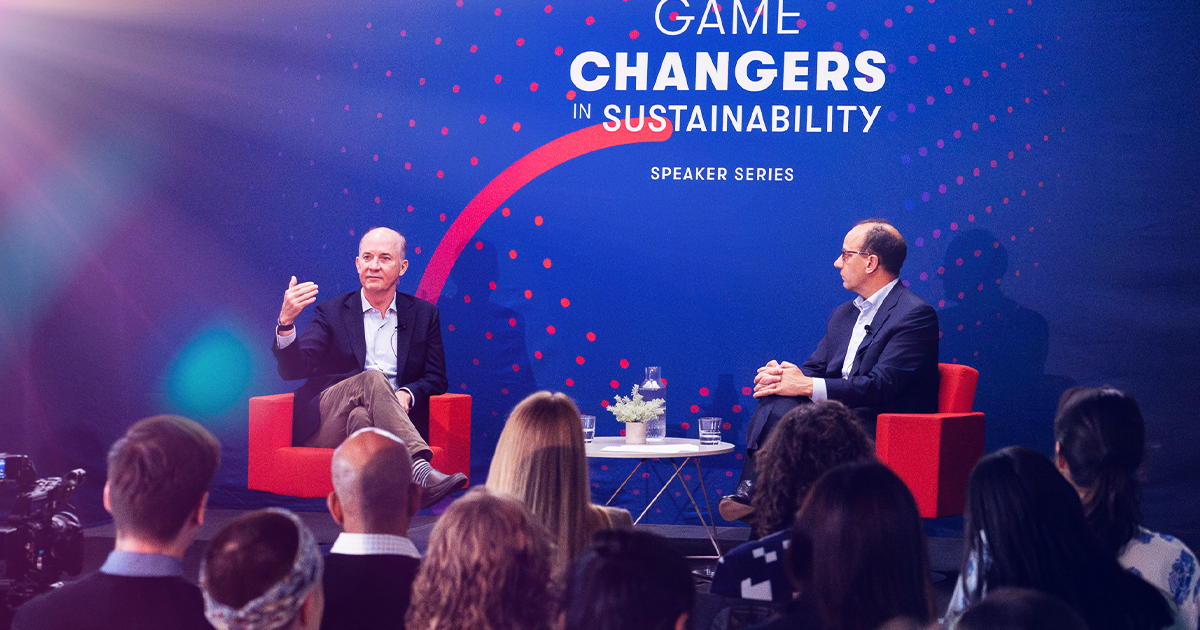
Darby Joyce
Content Marketing Coordinator
Even if you’re unfamiliar with the work of the World Wildlife Fund (WWF), you would probably recognize its logo—a simple but striking black and white panda. As iconic as the branding is, WWF CEO Carter Roberts acknowledges that it may lead people to a limited view of the organization’s work.
“There’s this perception of the WWF as people who are out to save fuzzy animals,” Roberts told his Gamechangers in Sustainability Speak Series audience at Kogod’s Veloric Center for Entrepreneurship. “While that’s part of what we do, it isn’t all we do.”
The full scope of what the WWF does was the main focus of Roberts’ fireside chat with Kogod’s Dean David Marchick. As part of the Gamechangers in Sustainability series, Roberts spoke about the WWF’s domestic and international work, offered his thoughts on today’s sustainability challenges, and stressed the importance of a holistic approach to conservation efforts.
At Kogod, where our mission centers around the intersection of business, government, and sustainability, Roberts’ message resonated with the crowd of students, staff, faculty, and alums.
Roberts knows well how a business background can support a career in conservation; after all, he began his career as an entrepreneur. After earning his MBA, he tried to start a company using the then-emerging internet to help parents purchase sustainable infant care products and deliver them. Though the idea seems straightforward now, he said that he came up with it about a decade too early, and transportation challenges ultimately led to the company stalling. Instead, Roberts shifted to working at the Nature Conservancy, where he spent fifteen years before joining the WWF, where he has been with WWF for twenty years now. Roberts credits his background in business as invaluable for helping him navigate partnerships across sectors.
“We have to be brilliant at the business aspect of the private sector to keep the planet intact,” Roberts said. To him, this means being able to negotiate with governments, corporations, and other non-governmental organizations to support the work WWF wants to do. It also means bringing in a wide range of voices and perspectives to create sturdy frameworks that weather changes in leadership and political climate. For instance, WWF’s work with Brazil’s government has continued through five presidential administrations, and they’ve adopted their model there to work with other governments worldwide. At a time when people are beginning to look more towards the private sector for climate solutions, Roberts promotes a multidisciplinary, cooperative approach.
You need to acquire the ability to connect the dots between sectors and to get them all in a room to develop solutions.”

Carter Roberts
CEO, World Wildlife Fund
Dean Marchick connected that idea to Kogod’s work in sustainability. Though the business school is a leader in sustainability education and research in its own right, part of its success comes from its partnerships with other schools within the university and with other organizations. Kogod even had connections with WWF prior to Roberts’ visit; MS in Sustainability Management Florence Vanderscheuren, who gave opening remarks at the event, is an intern on their Biobased Materials Research team and has worked with Roberts directly. She connected the WWF’s work to Kogod’s through their shared focus on sustainability. Still, the thread goes beyond that to their ability to establish meaningful connections to get vital work done.
“At the end of the day, a lot of this work comes down to human relationships,” Roberts said.
With the many challenges facing conservation efforts today, it’s easy to see why we must work across sectors to tackle these questions. The WWF’s Living Planet Report, which has been published every two years since 1998, indicates a 73 percent decrease in the average population size of vertebrate species with higher rates of decline among freshwater species and species in South and Central America. Disruption in the Amazon region has left it at risk of becoming a different biome type altogether, which would have devastating consequences on a global scale. As Roberts explained, the planet’s climate is at a crucial tipping point, and national governments are not moving quickly enough to combat it. He and Marchick agreed that the answer lies in the work of sustainability-minded private sector members.
Of course, discussing current environmental challenges without discussing artificial intelligence is tricky. Roberts clarified that today’s AI boom is not the beginning of AI by any means and explained that WWF has used it for years to support tracking animal populations. However, the growing reliance on AI leaves him skeptical, especially regarding how organizations balance AI adoption with their existing sustainability initiatives.
“I have yet to see a credible plan to deal with the energy demands of AI,” he said. It’s a question that the Kogod community is asking as well—how do we make sure we keep the school’s core value of sustainability at the center while also making strides in AI education? Fortunately, Roberts sees another opportunity for interdisciplinary partnerships in the face of this challenge. Where many people believe that AI can be utilized to come up with the solution, Roberts looks towards the engineers developing it instead. By looping them into the conversation around energy usage from the beginning, organizations can get much-needed perspective on developing less resource-intensive hardware and more efficient algorithms. As Roberts stresses, they can also work on further optimizing the tools that already exist and even finding inspiration in the natural world.
When coming up with solutions, people tend to look towards inventing something new. Often, they forget that the solutions can already be found in nature itself.”

Carter Roberts
CEO, World Wildlife Fund
Conservation is a demanding field, especially at the crucial turning point we face today. It makes Roberts all the more thankful for the opportunities his work affords him to appreciate the end goal—protecting and stabilizing the planet we call home.
When Marchick asked Roberts what moments have stood out the most in his career, he was tempted to mention nearly getting killed by an elephant or collaring a (sedated) tiger for transport. Eventually, however, he settled on scuba diving near an active volcano at night. After studying the bioluminescent coral reefs, he emerged from the water to see the stars above him, a moment that he says was a stunning reminder of what’s important.
“It’s moments like that which remind me why my work matters,” he said. “It’s a gift to be able to do what I’m doing.”
Learn more about Kogod’s sustainability research and initiatives here.
